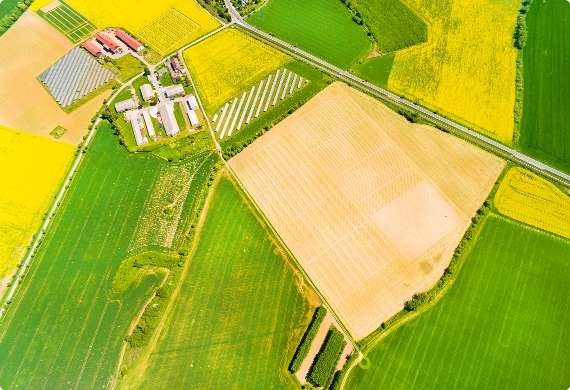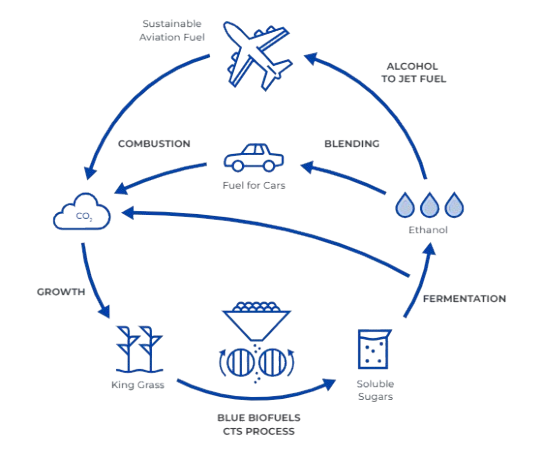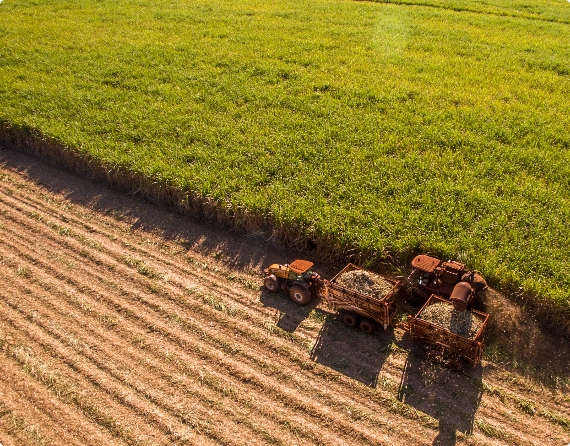Environmental Impact
Biofuel and the Environment
Biofuels allow us to power our lives with a 100% renewable, climate-friendly supplement to petroleum-based fossil fuels. Biofuels produces a fuel that is gentler on our environment, providing a non-toxic, cost-effective alternative with a low carbon footprint. But that’s not all — the fuel can also help reduce foreign energy dependence and contribute to rural economies.


Biofuels carbon cycle
Poultry Fat is primarily obtained from the tissue of poultry in the commercial process of rendering or extracting. Poultry Fat is the component remaining after solids and moisture has been extracted in the normal rendering process. This finished product is used as an ingredient in the animal feed industry, detergents and soaps, cosmetics and recently in the biofuel segment.
Biofuels ethanol is biodegradable
ZRS Industry relies on abundant plant material for our feedstocks. From fast-growing crops to agricultural waste, such as bagasse from the sugarcane industry. We use materials that don’t compete with the country’s food production. Our patented cellulose-to-sugar (CTS) process works with a recyclable catalyst and doesn’t release toxic chemicals into the atmosphere or the water supply. Unblended, our ethanol is completely biodegradable.

Feedstocks are 100% renewable
But that battery does not have an infinite shelf-life. If we don’t use biomass, it will naturally decompose. It’s estimated that 5 billion tons of biomass can be sustainably harvested each year, which can be converted into 500 billion gallons of ethanol. That’s enough to replace half the transportation fuels used in the entire world.
Biofuel doesn’t impact land resources
Because we can convert biofuel from virtually any cellulosic biomass, we can rely on high-yield, abundant plant materials. Our biofuel won’t divert agricultural lands from their intended purpose — and instead, will source feedstocks such as king grass and bagasse (waste from the sugarcane industry). Through our work with the USDA, we have proven that king grass can sustainably grow on previously disused, unproductive farm lands in South Florida with little effort.


Biofuels looks toward sustainability
As a cleantech company focused on revolutionizing the biofuel industry, we aim to deliver a scalable, highly efficient and low-cost technology.
With increasing demand for renewable fuel options, our groundbreaking CTS process is a pathway to produce ethanol and jet fuel with a low carbon footprint. That means:
- Environmentally friendly: Keeping cars on the road and planes in the sky while keeping trees green and the air clean.
- Greater availability of feedstock: Creating large-scale quantities of biofuel to meet the growing green energy demand by working with abundant cellulosic plant-based material. This will allow us to expand the use of ethanol and sustainable aviation fuel (SAF) beyond what is made from corn today.
- Lower-cost feedstock: We use feedstocks that are inexpensive compared to corn and other first-generation biofuels feedstocks. Our CTS process can also use the entire plant versus just the seed, as seen in corn-based ethanol.
- Faster: Our CTS system is a continuous-flow process that breaks down cellulose enabling the production of ethanol faster than other cellulosic processes.
